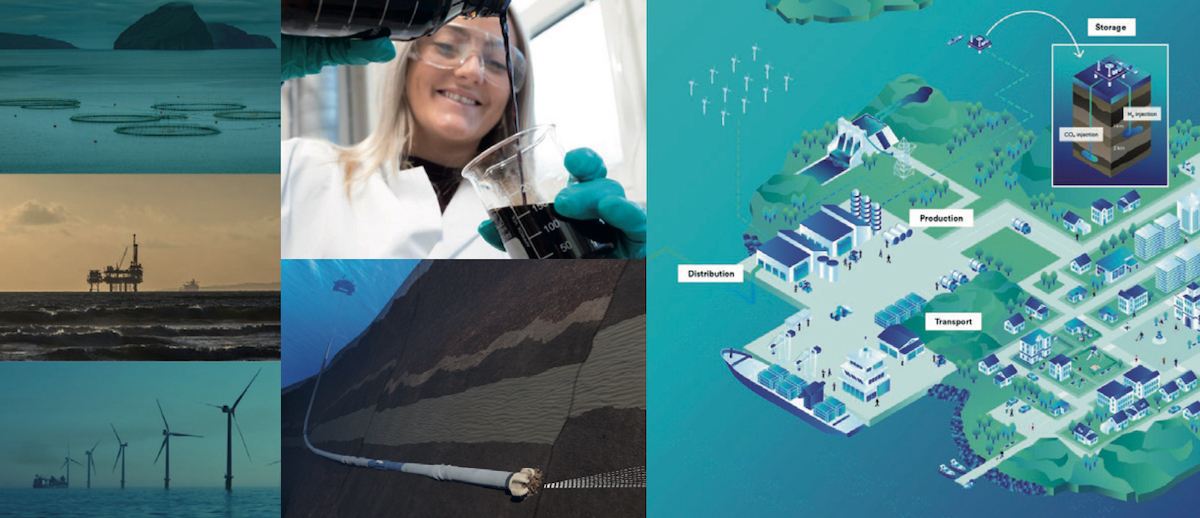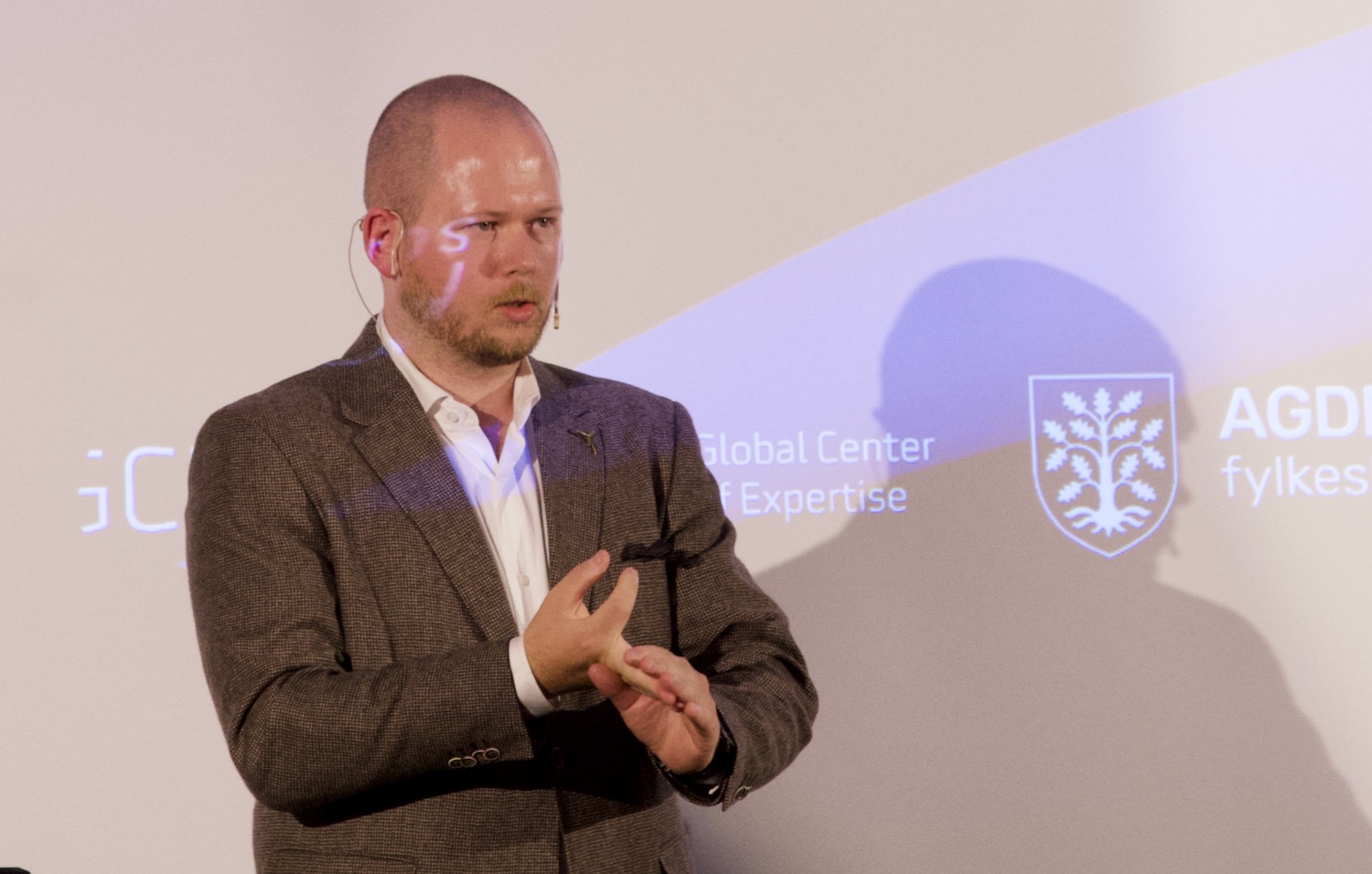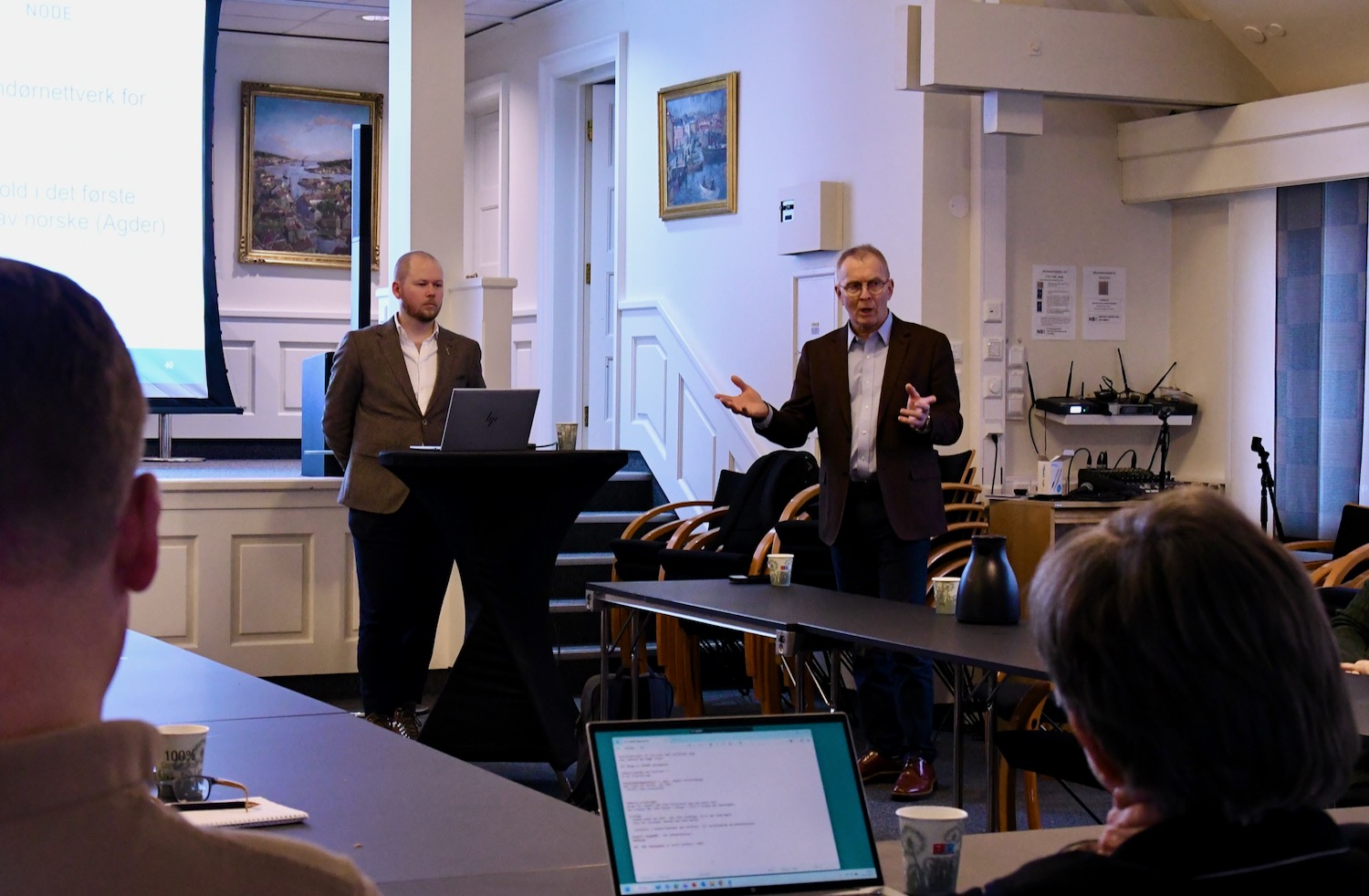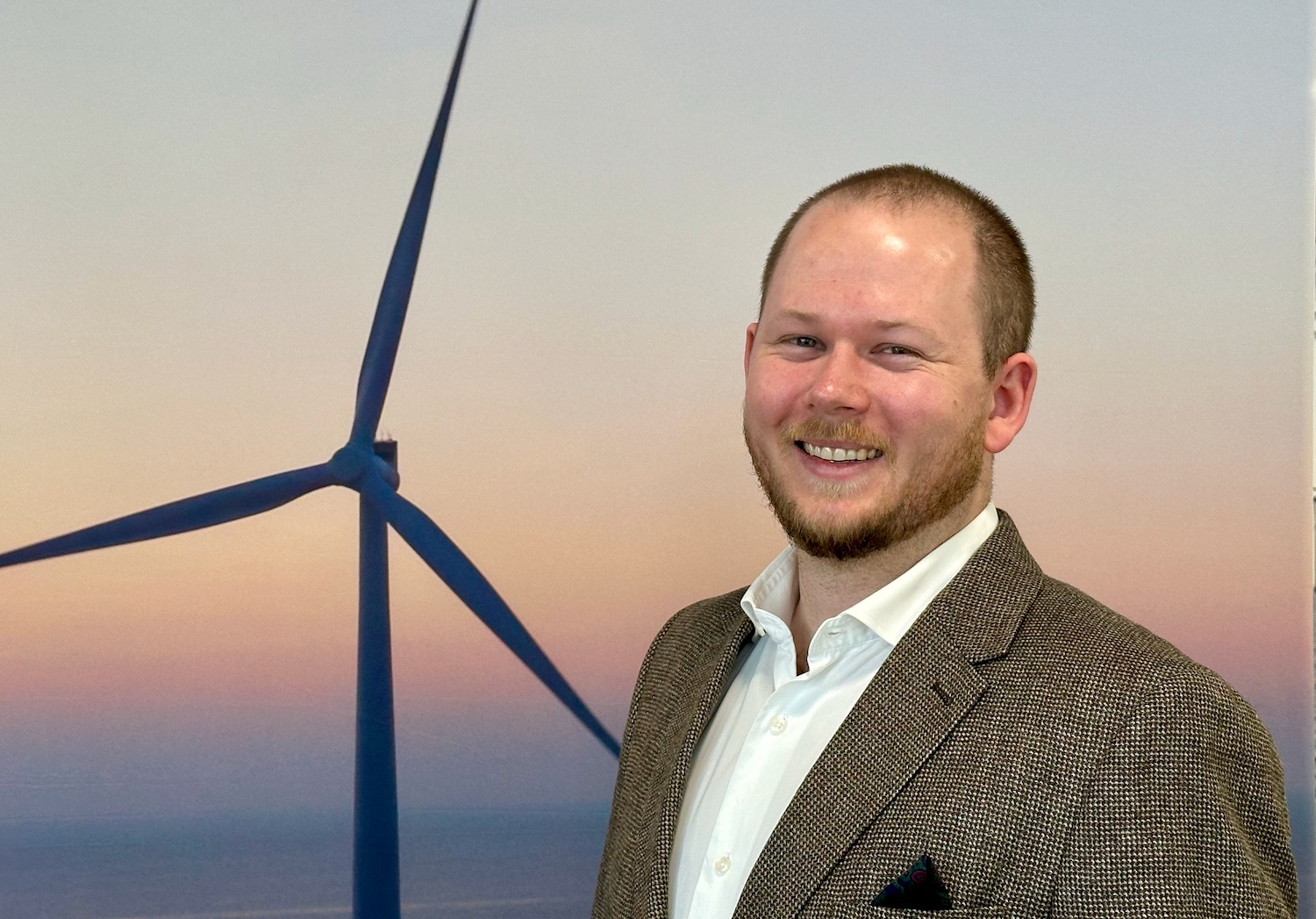“Our strategy clearly states that GCE NODE shall contribute to research, development and innovation projects which support activities in our cluster companies. We shall also encourage companies to increase their RD&I activities and assist them in creating an active innovation strategy,” says Christian von der Ohe, RD&I Manager at GCE NODE.
Hence, GCE NODE is actively seeking partnerships, promoting and assisting companies in the creation of RD&I projects, and – if beneficial for the cluster – joining consortiums that apply for funding for relevant projects.
“We are well connected with universities and research institutions, and we have a position which makes us relevant and attractive as a partner,” says von der Ohe.
ON-GOING RESEARCH PROJECTS
The eight on-going research centers and projects which GCE NODE are part of, are:
SFI Smart Ocean: Led by the University of Bergen, SFI Smart Ocean develops smart and wireless underwater sensor network.
SFI SWIPA: Led by SINTEF, Subsurface Well Integrity, Plug and Abandonment (SWIPA) supports innovative well barrier solutions for the energy industries.
SFI DigiWell: Led by NORCE, Digital Well Center is developing new knowledge that will help to optimize drilling and positioning wells, including autonomous drilling.
DeepScale: Led by SINTEF, DeepScale aims to enable deep geothermal flow assurance, cost-efficient scale handling, and heat fluid robustness.
FME HyValue: Led by NORCE, HyValue is looking at the entire value chain for hydrogen – from production to commercialization. It aims for safer, greener and more efficient hydrogen production that both industry and society can trust.
ImpactWind Southwest: Led by NORCE, the project aims to build new knowledge and streamline the license application process for offshore wind.
MORE CETP: Led by RISE Research Institutes of Sweden and SINTEF, the project utilizes results from the previous NODE ART project. MORE aims to develop state of the art tribo-corrosion qualification testing and validation methods for the development of next generation materials for resilient offshore renewable energy devices (wave and wind energy).
Green Platform Project on Offshore wind: GCE NODE is part of the Nekkar-led consortium looking to find efficient solutions for main component replacement on offshore wind turbines.
APPLICATIONS FOR THREE FMEs
In addition, GCE NODE is part of three consortiums that are in the running for FME status. Spanning eight years, FMEs are Centres for Environment-friendly Energy Research (Norwegian: Forskningssentre for miljøvennlig energi),
FME Scale Wind: Both GCE NODE and the National Competence Center for Offshore Wind are part of the consortium, which also includes GCE NODE participants Ocean Ventus, Windport and the University of Agder. FME Scale Wind will develop more efficient and sustainable solutions for the floating wind industry.
OW2040: GCE NODE, Origo Solutions, and the University of Agder are part of the consortium. OW2040 could become a world-leading hub for offshore wind development. Whereas other research programs focus on technical aspects of wind turbines, OW2040 will do research on the aspects and processes that occur prior to licensing.
Geny Geoenergy Solutions: GCE NODE and NORCE are part of a consortium that aims to explore the deeper geothermal resources and how they can be exploited.
Applications were submitted in November. The Research Council of Norway is expected to announce their decision in the first quarter of 2024.
Anticipating a probable new SFI (Norwegian: Sentre for forskningsdrevet innovasjon) call in 2024, GCE NODE is also involved in establishing a new SFI for the development of environmentally friendly lubricants and hydraulic oils to reduce the negative impacts on the maritime environment. 244 million liters of lubricants are released into the sea every year. Developing better and cheaper biodegradable lubricants will have a noticeable environmental effect. GCE NODE is seeking participants to contribute to an SFI application on the theme Environmentally Acceptable Lubricants (EALs) for a greener and sustainable future.



